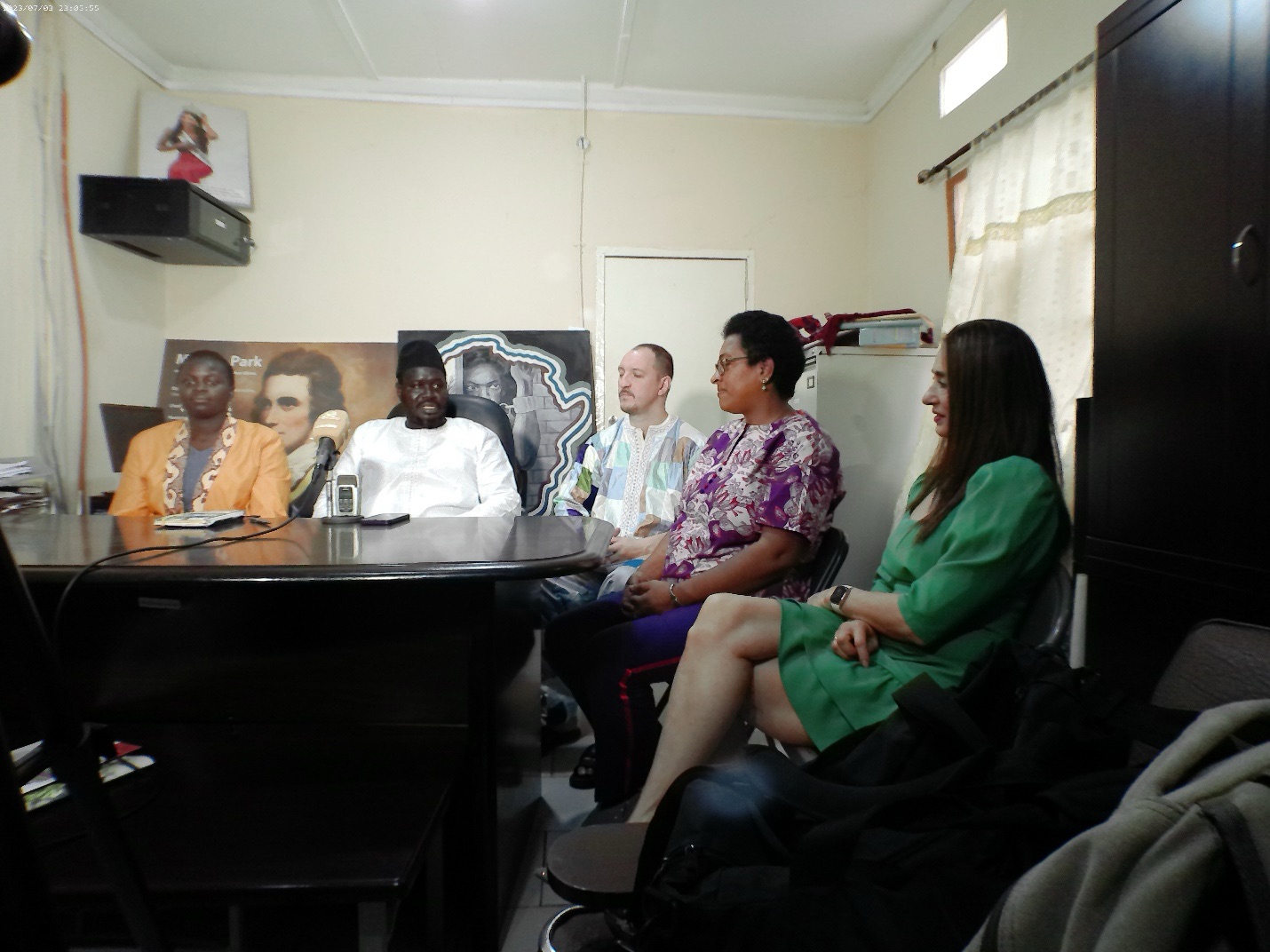By: Awa Gassama &
Amie Ceesay
Omar A. Bojang, Deputy Chairman of the Media and Communications Committee of the Supreme Islamic Council (SIC) has explained the importance of Ramadan and the challenges women are facing in performing their Islamic duties during Ramadan.
Speaking to The Voice, Oustaz Bojang described the month of Ramadan as a blessed month and said Fasting in the holy month of Ramadan helps people to fear Allah and abstain from forbidden things they do in other months.
He explained that Ramadan also helps Muslims to answer the call of their creature because Allah said in the Holy Quran ‘I have not created mankind and Jinns for anything else except for them to worship me alone.’
He went on that fasting is very rewarding compared to other worships saying almighty Allah has said He will pay or reward humankind personally as Ramadan is for only Him alone.
“Islam consists of five pillars and fasting (in the month of Ramadan) is one of them. Fasting has started since before Islam the Jews and the Christians were fasting before the coming of Islam even though we have some differences with them,” he expressed.
He added, Allah said to the prophet and his people in the holy Quran that “Oh you who believe fasting is obligatory on you as it was obligatory on people before you so that you may fear Allah.”
Meanwhile, outlining the role and challenges of women during Ramadan, he said the role of women during Ramadan, is very unique. They (women) cook or prepare breakfast iftar for men or for the family which is an extra reward for them.
Oustaz Bonjang quotes “The prophet (S.W.A) says whosoever prepares or gives food to people to break their fast, especially in Ramadan, will have a similar reward like them and that will not reduce your fasting.”
However, he said there are other challenges that women face during Ramadan that are natural. “Natural Challenges like menstruation, in Islam menstruated women are not allowed to fast during their menstrual periods, but they will still have the reward of fasting because they have a chance to pay back or fast the days they missed.”
And nursing mothers who are feeding their babies are also allowed not to fast because the nutrition that the child got is from the food that the mother eats so fasting may be harmful to both the mum and her child.
So, “pregnant women should not fast, because pregnancy is another natural challenge that women face during Ramadan but after Ramadan all of them have the time to pay or fast the days they missed,” he noted.




